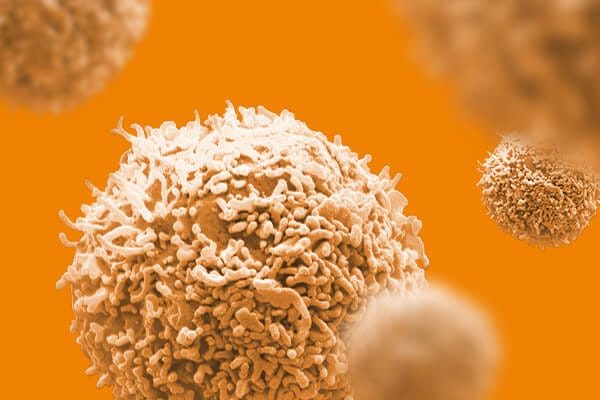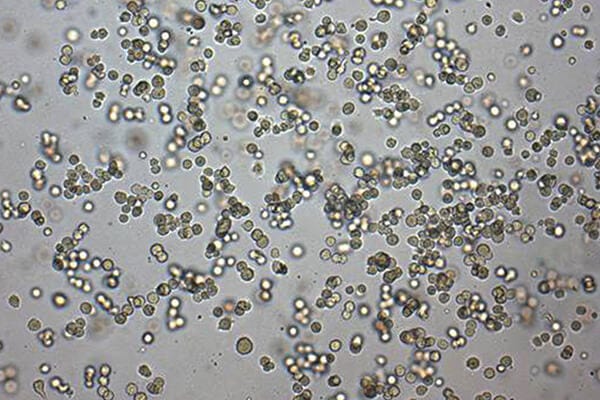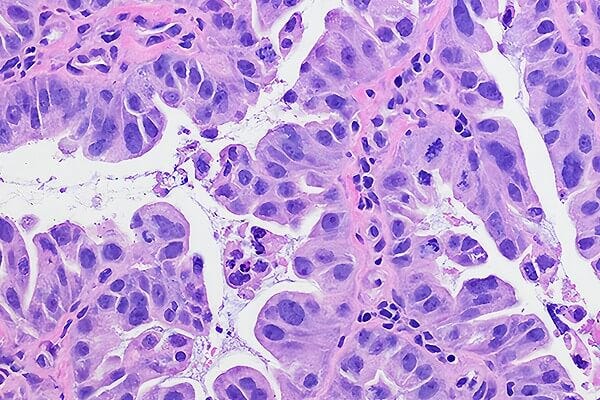Natural and synthetic retinoids have proved to be effective in the treatment and prevention of various human cancers. In the present study,we investigated the effect of retinoids on Epstein-Barr virus (EBV)-infected lymphoblastoid cell lines (LCLs),since these cells closely resemble those that give rise to EBV-related lymphoproliferative disorders in the immunosuppressed host. All six compounds tested inhibited LCL proliferation with no significant direct cytotoxicity,but 9-cis-retinoic acid (RA),13-cis-RA,and all-trans-RA (ATRA) were markedly more efficacious than Ro40-8757,Ro13-6298,and etretinate. The antiproliferative action of the three most effective compounds was confirmed in a large panel of LCLs,thus appearing as a generalized phenomenon in these cells. LCL growth was irreversibly inhibited even after 2 days of treatment at drug concentrations corresponding to therapeutically achievable plasma levels. Retinoid-treated cells showed a marked downregulation of CD71 and a decreased S-phase compartment with a parallel accumulation in Gzero/ G1 phases. These cell cycle perturbations were associated with the upregulation of p27 Kip1,a nuclear protein that controls entrance and progression through the cell cycle by inhibiting several cyclin/cyclin-dependent kinase complexes. Unlike what is observed in other systems,the antiproliferative effect exerted by retinoids on LCLs was not due to the acquisition of a terminally differentiated status. In fact,retinoid-induced modifications of cell morphology,phenotype (downregulation of CD19,HLA-DR,and s-Ig,and increased expression of CD38 and c-Ig),and IgM production were late events,highly heterogeneous,and often slightly relevant,being therefore only partially indicative of a drug-related differentiative process. Moreover,EBV-encoded EBV nuclear antigen-2 and latent membrane protein-1 proteins were inconstantly downregulated by retinoids,indicating that their growth-inhibitory effect is not mediated by a direct modulation of viral latent antigen expression. The strong antiproliferative activity exerted by retinoids in our experimental model indicates that these compounds may represent a useful tool in the medical management of EBV-related lymphoproliferative disorders of immunosuppressed patients.
View Publication


 EasySep™小鼠TIL(CD45)正选试剂盒
EasySep™小鼠TIL(CD45)正选试剂盒




